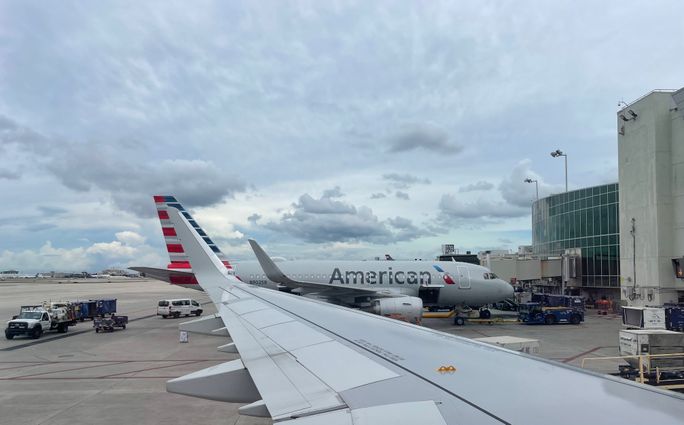The American Society of Travel Advisors (ASTA) has officially weighed in on the state of competition in air travel, submitting a lengthy response to the jointly issued Request for Information (RFI) from the Departments of Transportation and Justice on Tuesday.
ASTA expressed viewpoints on a handful of topics related to competition in air travel, including airline deregulation, air carrier consolidation, and airport capacity and access.
"Despite the pro-competition deregulatory actions taken by both government and industry, the peculiarities of the air travel marketplace affected the airlines’ ability to compete effectively," ASTA said in the 13-page response signed by Senior Vice President & General Counsel Peter Lobasso.
"The result today is that the domestic air travel market is largely oligopolistic, with just four carriers—American, Delta, Southwest and United—representing more than two-thirds of the market, specifically, 68.3 percent in 2023, with each holding between 16 and 18 percent of the overall market."
"The current state of affairs is unlikely to reverse given the well-known barriers to entry associated with oligopolistic industries," the organization added. "For the airline industry, these include high startup costs (for example, a new Boeing 737 can cost upwards of $80 million), intense competition for airport gates, and large economies of scale."

American Airlines planes at Miami International Airport. (photo by Patrick Clarke)
ASTA also commented on immunized international alliances, the controversial New Distribution Capability (NDC), channel price discrimination, airline reward programs, and intermediary aggregation.
As more travelers turn to an advisor to plan and book their trips, ASTA placed an emphasis on ensuring that air ticket distribution intermediaries can compete on an equal footing with the airlines themselves.
"Regulators must ensure that air carriers provide the global distribution systems (GDSs) with full access to fare, ancillary, schedule and availability information. Likewise, airlines must not be permitted to utilize their substantial market power to disadvantage, price-wise or otherwise, the 40 percent of consumers who prefer to book air tickets through the travel agency distribution channel," said ASTA.
"Transparency is essential if the air transportation market is to function in a manner most likely to consistently deliver a high level of service at the lowest possible price."
Looking ahead, ASTA said it plans to work with the incoming Trump administration to push for policies that benefit the growing travel advisor community, their clients and the broader travel economy.
For the latest travel news, updates and deals, subscribe to the daily TravelPulse newsletter.
Topics From This Article to Explore